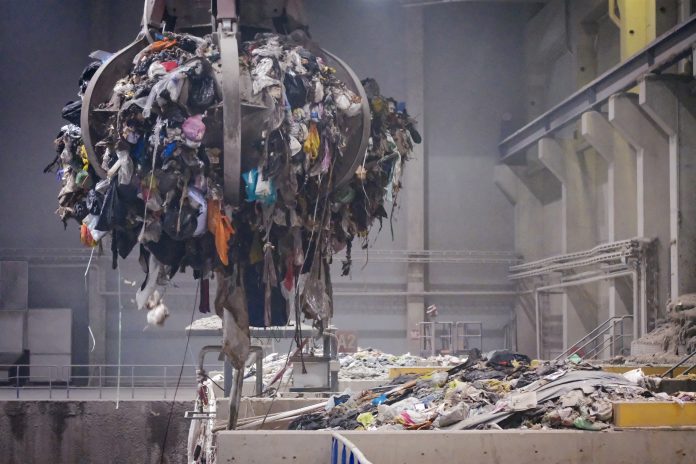Air quality near waste incineration facilities in the Philippines, Indonesia, and Nigeria is dangerously poor, with levels of particulate matter (PM) far exceeding global safety standards, according to a new citizen-led study.
The study, conducted by community groups affiliated with the Global Alliance for Incinerator Alternatives (GAIA), found that PM2.5 levels near waste-burning facilities were five to eight times higher than the limits recommended by the World Health Organization (WHO). PM10 levels were up to five times higher.
In Dumaguete, the group War on Waste (WOW) monitored air quality near a pyrolysis-gasification unit at a materials recovery facility. Results showed unhealthy PM2.5 concentrations on 88% of the monitoring days. The researchers estimated that closing the plant could prevent up to 179 premature deaths each year.
In Surabaya, the Indonesian Forum for the Environment (WALHI) recorded air quality around the Benowo Waste-to-Energy Power Plant. PM2.5 levels exceeded WHO thresholds on all 31 days of monitoring, with no single day registering healthy air.
“The air pollution from these incinerators are not just a distant threat—they’re already affecting our health and daily lives,” said Wahyu Eka Styawan of WALHI East Java.
He warned that communities are left without transparency or input in decisions that impact their well-being. “This is not just unfair—it’s dangerous,” he added, calling for governments to cancel waste-to-energy projects.
In Ogijo, Nigeria, Green Knowledge Foundation tracked emissions from Tec High Profile Nigeria Limited, a facility claiming to recycle tires. Air quality was found to be consistently poor throughout the 23-day monitoring period.
The monitors used in all three locations—both stationary and portable—measured PM2.5 and PM10 levels in areas near homes, schools, stores, farms, and retirement centers, highlighting the exposure of vulnerable populations.
Particulate matter, a known carcinogen, can penetrate deep into the body and is linked to respiratory illnesses, chronic diseases, and cancer.
Dr. Jorge Emmanuel, part of the scientific team advising the communities, said the data empowers citizens to demand accountability.
“New technologies such as the one used in our study allow citizens to present incontrovertible evidence of exposures to toxic pollutants,” he said, noting how the burden of proof often falls unfairly on poor communities.
The groups emphasized that incineration—often pitched as a solution to plastic waste—remains harmful even in countries with stringent safeguards. Yet, institutions like the Asian Development Bank and World Bank continue to support such projects in the Global South.
Weyinmi Okotie, GAIA Africa’s Clean Air Program Manager, called on global climate financing institutions to shift priorities.
“Global climate financing for waste management should avoid funding these false solutions and prioritise solutions at the top of the waste hierarchy,” she said, highlighting benefits like local job creation and improved livelihoods.
The study urges governments to enforce stricter environmental regulations, increase transparency, and halt support for harmful incineration technologies.









